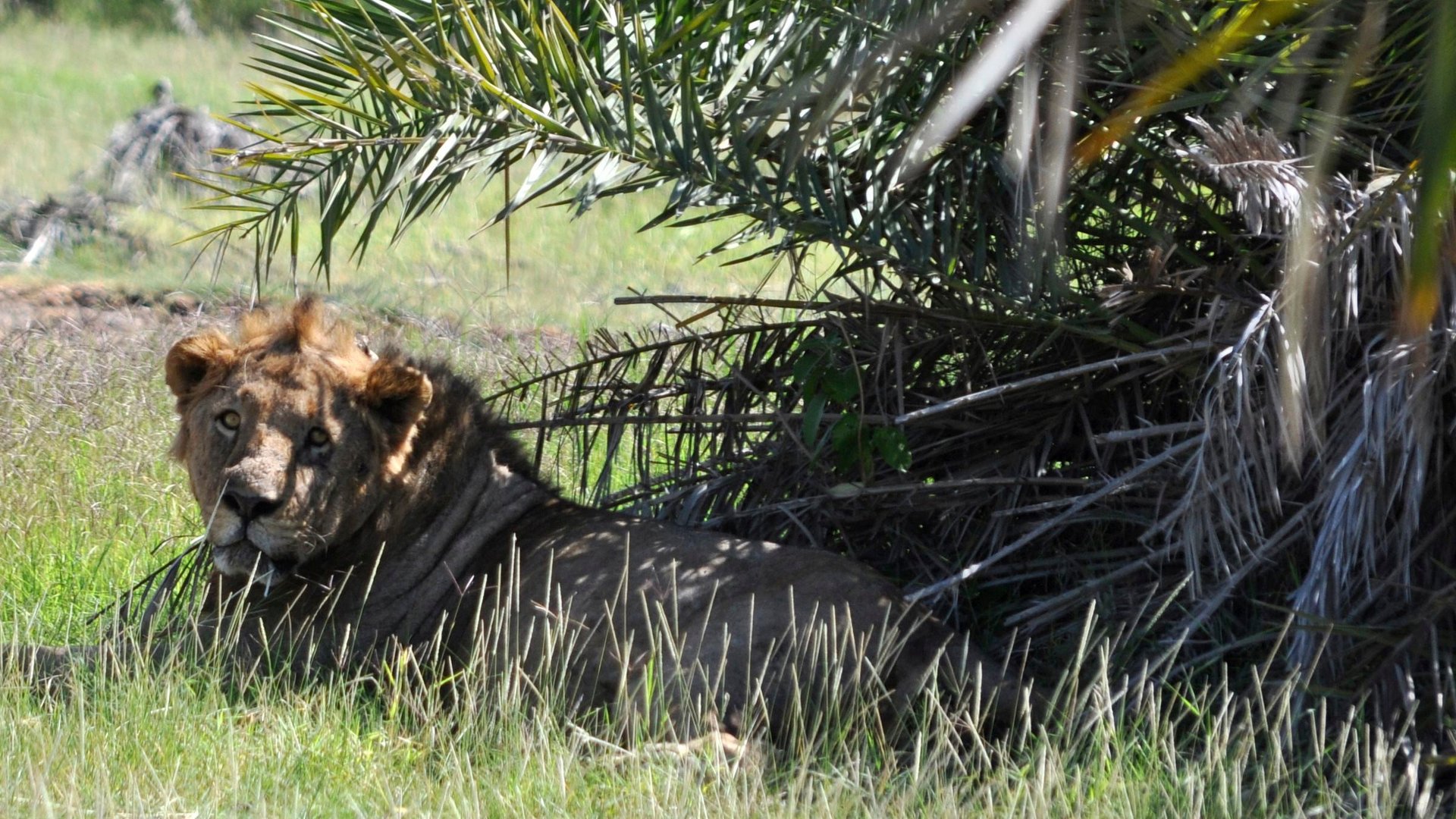The biggest threat to African lions isn’t foreign hunters—it’s African people
Still upset about Cecil the lion? Maybe you should just skip this story.


Still upset about Cecil the lion? Maybe you should just skip this story.
You see, Cecil’s death at hands of an American dentist who paid guides to lure the majestic beast from a nature reserve has struck a global nerve, and in the US, led to significant criticism of big game hunters and laws that allow the importation of their trophies.
But set aside typical American solipsism: Whatever you think of big game hunters, the reality is that they aren’t to blame for shrinking lion populations. African population growth and economic development is.
In 2012, a group of scientists used satellite data to estimate the size of African savannas where lions could live without being bothered by humans. They found that between 1960 and 2000, the available habitat shrunk by 2.2 million square kilometers, to about 9.7 million square km (about a 20% reduction), while the size of the lion population shrunk by 75%.
While some populations appear secure, the researchers still expect further shrinkage in the years to come and more local extinctions—out of a total population ranging from 32,000 to 35,000, they identified some 6,000 lions in areas of “doubtful long-term longevity.”
That’s 6,000 Cecils who probably won’t make it.
Many African nations have created large national parks to protect their animals, some of the largest in the world. But nearby farmers tend to keep the majority of their wealth in livestock. When hungry lions stray off the reservation and threaten their farms, they get killed. Lions also can find their way into the snares of local hunters looking for wild meat.
“The biggest threats to lions are the loss of habitat and when lions come into conflict with people outside the protected area,” says Stuart Pimm, a professor of conservation ecology at Duke University who worked on the study. “The wider context for Cecil the lion is how we manage lions and other animals when they are outside of the protected area.”
Pimm works with National Geographic’s Big Cats Initiative on several grant programs toward that end. One program helps farmers build sturdier enclosures, known as bomas, for their herds, reducing the threat of lions without having to kill them.
Ironically, while big game hunting is controversial, some conservationists have argued in favor of hunting preserves near national parks. The idea is to create some stream of income for locals that creates an incentive to protect lion populations. Other ways to make a living may just result in more human-lion conflict.
“If that works, if it is sustainable, it is a good idea,” Pimm says. “In many examples, it doesn’t work. Clearly, the laws, the rules failed. And I think the Zimbabwean authorities, everything I read in the media suggests they are very unhappy about this, too.”
Whether or not Zimbabwe and other countries with lions decide to change their hunting-conservation model, they are unlikely to change their aspirations of increased prosperity and development. And that means more lions are going to die. They just won’t necessarily attract the same attention that Cecil did.